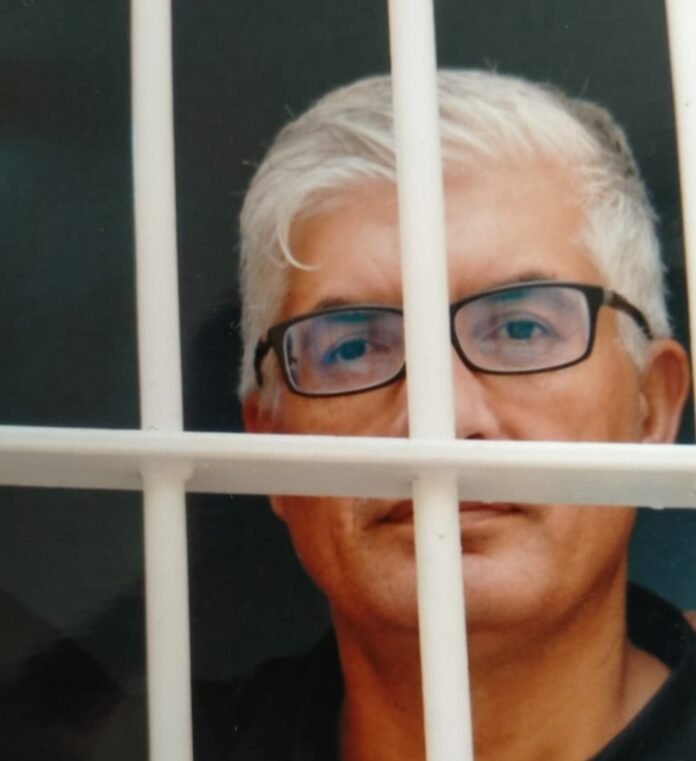Turan Canpolat, 52, a lawyer who was arrested based on a doctored document on January 30, 2016, petitioned the Supreme Court of Appeals to revise its decision upholding his conviction on membership in a terrorist organization, Bold Medya reported.
In his petition Canpolat said the court is required by law to revise its decision given the flagrant violations in the process that led to his conviction.
Canpolat was called on January 27, 2016 by a client whose house was searched by the police. He visited his client and documented violations committed by the police during the search, which they jointly signed. He was later invited to the police station, and thinking there was an issue concerning his client, he complied.
Canpolat was detained upon arrival at the station, based on the statements of M.T., who had hired Canpolat as his lawyer a few days earlier. It later became apparent that after his arrest, the police had doctored a previous arrest warrant issued on January 26, 2016 to add Canpolat to the warrant to make it seem as if he was arrested based on that warrant.
M.T. had requested legal assistance because he was pressured by the police to give incriminating statements for targeted people under investigation. Since the relationship between Canpolat and M.T. was governed by attorney-client privilege, the police could not obtain information from Canpolat concerning M.T. The police took M.T. to the notary public to fire Canpolat as his lawyer and even paid the notary’s fee for the procedure of dismissal.
In his statements M.T. claimed that Canpolat was a member of the Gülen movement, a religious group inspired by Muslim cleric Fethullah Gülen, and was the leader of a group of three other members of the movement who all worked at the Malatya courthouse. The clerks who were said to be connected to Canpolat were tried in a separate case and acquitted of all charges, removing any rationale or legal grounds for his continued detention. M.T. later confessed that his statement was taken under duress and that he signed the document against his will.
Despite being in prison during a coup attempt on July 15, 2016, Canpolat was charged with taking part in the abortive putsch, a charge that was later dropped by the prosecution. He was convicted of representing companies that were allegedly affiliated with the Gülen movement and later shut down by emergency decrees. He was sentenced 10 years under Turkey’s anti-terror law and put in isolation.
In May 2020, 12 human rights and law associations from Europe and the Americas wrote a letter to the Turkish Ministry of Justice pointing out that Canpolat’s arrest was a travesty of justice and requesting his immediate release.
Following the failed coup, the Turkish government declared a state of emergency and carried out a massive purge of state institutions against its political opponents under the pretext of an anti-coup fight. In addition to firing more than 130,000 civil servants as well as 29,444 members of the armed forces, the government also shut down 164 media organizations, 1,058 educational institutions and 1,769 NGOs with emergency decree-laws without any due process. The victims were not allowed to contest the decisions in court.
Five hundred seventy lawyers were jailed, and 1,480 of them have been prosecuted since the abortive 2016 coup, according to a UN report.
The Turkish government has been accused of intimidating lawyers representing clients associated with dissident groups. In a 2018 report, the Office of the United Nations High Commissioner for Human Rights (OHCHR) highlighted “a pattern of persecution of lawyers representing individuals accused of terrorism offenses, being associated with their clients’ cause (or alleged cause) while discharging their official functions, and consequently prosecuted for the same or related crime attributed to their client.
















[…] Lawyer arrested based on doctored document petitions Supreme Court of Appeals to revise its decision Turkey issued detention warrants for 123 people over alleged Gülen links in a week […]